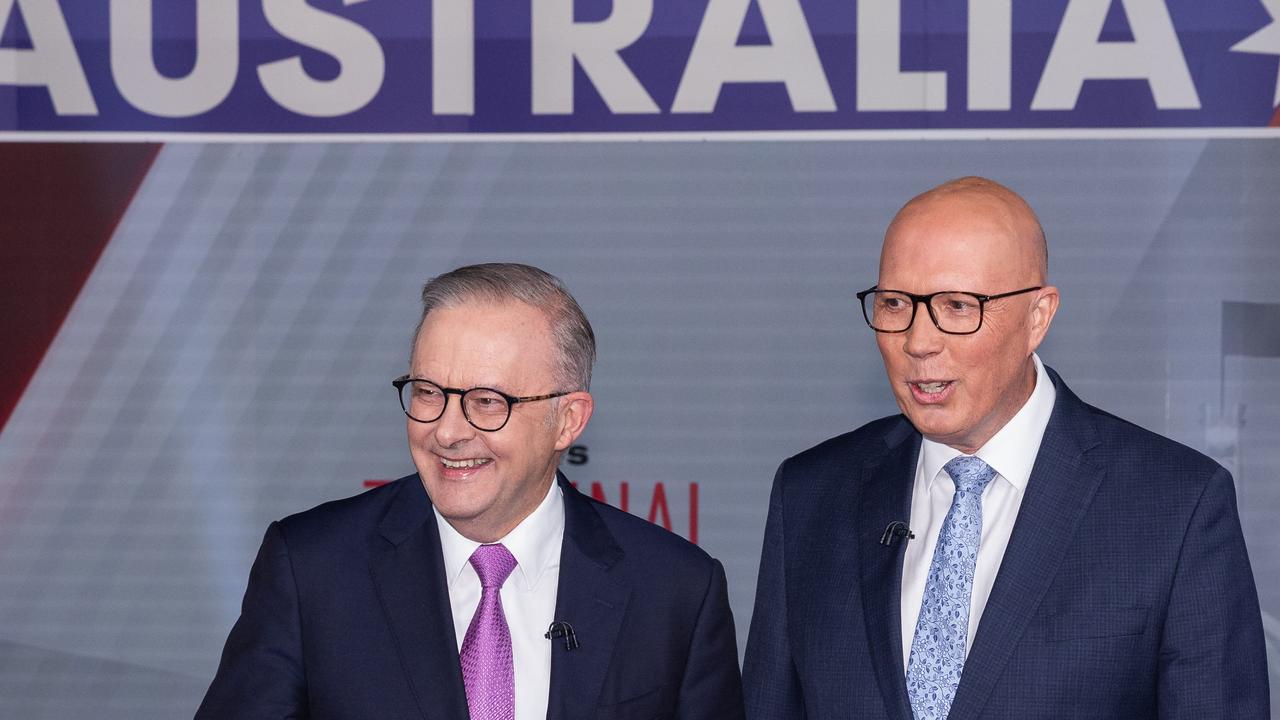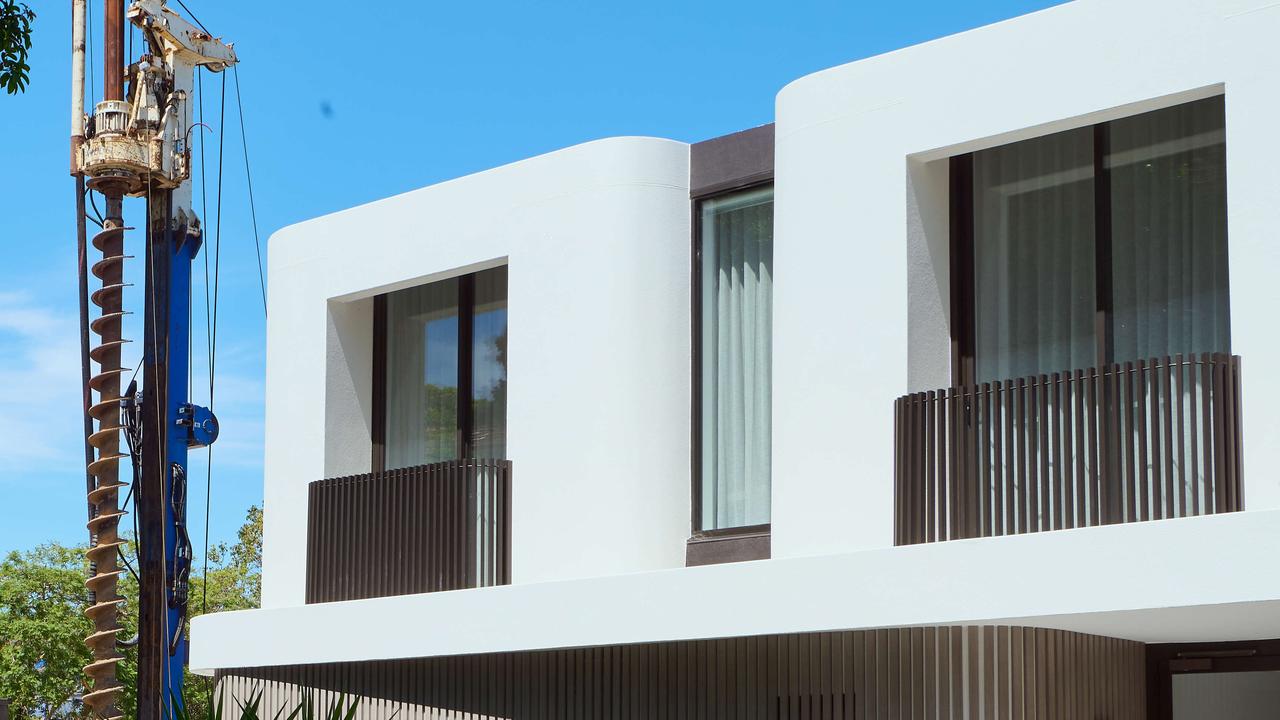RBA governor’s grim warning on rates
Outgoing RBA governor Philip Lowe has warned another rate rise can’t be ruled out this year because it is “too early to declare victory” on inflation.
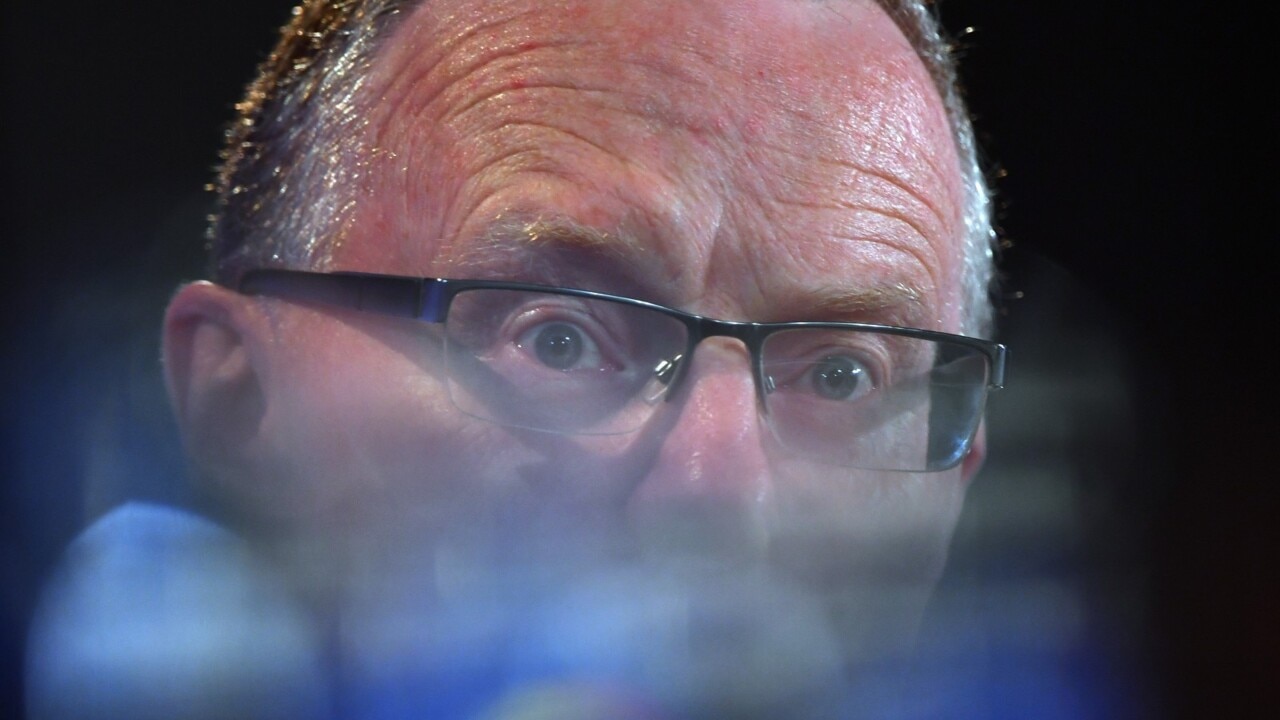
Interest Rates
Don't miss out on the headlines from Interest Rates. Followed categories will be added to My News.
Outgoing RBA governor Philip Lowe has warned another rate rise can’t be ruled out this year because it is “too early to declare victory” on inflation.
In his last appearance before parliament as he prepares to end his contract, Dr Lowe said that the bank was mindful that many households were under pressure.
“The RBA’s main focus over the past year or so has been to get on top of the highest inflation rate in more than 30 years. We have made progress here and things are moving in the right direction, but it is too early to declare victory,’’ he said.
Dr Lowe stressed the reasons why it was “so important” that inflation returns to target and to ensure this episode of high inflation is only temporary.
He rejected calls to adjust the inflation target.
“High inflation is corrosive to the healthy functioning of the economy and it makes life more difficult for everybody, especially those on low incomes,’’ he said.
“It increases income inequality and eats away at people’s hard-earned savings.
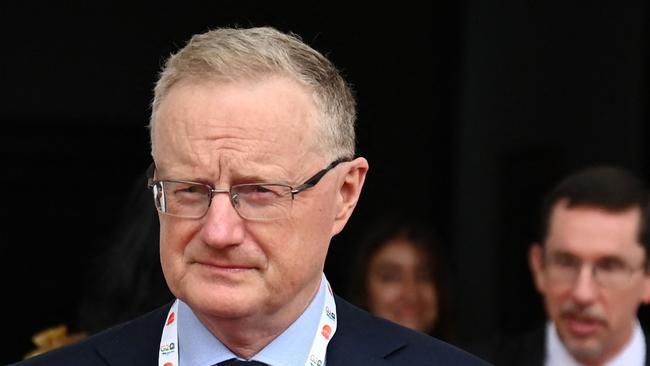
“And, if high inflation does become ingrained in people’s expectations, history teaches us that the end result is even higher interest rates and even greater unemployment to bring inflation back down. It is for these reasons that the Reserve Bank Board remains resolute in its determination to return inflation to the 2–3 per cent target range within a reasonable time frame and will do what is necessary to achieve that outcome.”
Inflation in Australia peaked late last year at 7.8 per cent. Dr Lowe noted it had declined to 6 per cent and further declines over the quarters ahead were expected.
He attended today’s hearing with his successor Michele Bullock.
“Our central forecast is for CPI inflation to be around 3¼ per cent by the end of next year and to be back within the 2–3 per cent target range by late 2025,’’ he said.
Employment growth remained strong and the unemployment rate has been close to around 3½ per cent for a year now, which is the lowest level of unemployment for almost half a century.
“Many households are facing a painful squeeze on their budgets and consumer demand has slowed considerably, not least because high inflation is eroding people’s real incomes,’’ he said.
“The increase in interest rates is also weighing on disposable incomes for many households, although others are benefiting from the higher interest earned on their savings.
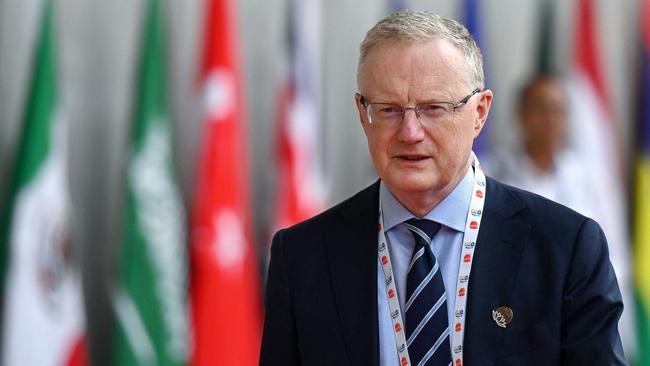
“The RBA’s staff are working hard to look beyond the aggregate figures and to understand where the financial pressures are most acute and the impact these pressures are having on people. It is clear that some households who borrowed at low interest rates during the pandemic are finding conditions very difficult, as are some renters.”
Dr Lowe said he the Board was mindful that interest rates have been increased by a large amount in a short period of time and that there are lags in the operation of policy.
“Monetary policy is in restrictive territory and it is working to establish a better balance between supply and demand in the economy. Given this, and the uncertainties surrounding the outlook, the Board judged that the right thing to do for now was to sit and assess,’’ he said.
“Looking forward, it is possible that some further tightening of monetary policy will be required to ensure that inflation returns to target within a reasonable time frame. Whether or not this is the case will depend upon the data and the Board’s evolving assessment of the outlook and risks.”
“So, it is a complicated picture and there are scenarios in which consumption is weaker than our central case and others in which it is stronger, with implications for the trajectory of inflation. We are watching developments here very carefully.”
Why rent caps won’t work: RBA
Lowe also warned rent caps and controls won’t work and could make the problem worse.
Warning rental caps could see more landlords exit the market, Dr Lowe said the real challenge was increasing the supply of housing stock and building more homes.
This would reduce unmet demand and the ability of families to find a home without battling it out for scarce stock which increases rents.
But speaking in Canberra, he warned rent caps would reduce the incentive to build properties for investors to rent out and increase supply.
“We’ve talked about this in previous hearings and I keep coming back to the point that the solution lies in increasing supply,’’ he said.
“I mean, the rental vacancy rate at the moment is the lowest it’s been in decades in some cities, the lowest ever. There’s been strong demand for rental accommodation and the rate of addition to the housing stock is low.
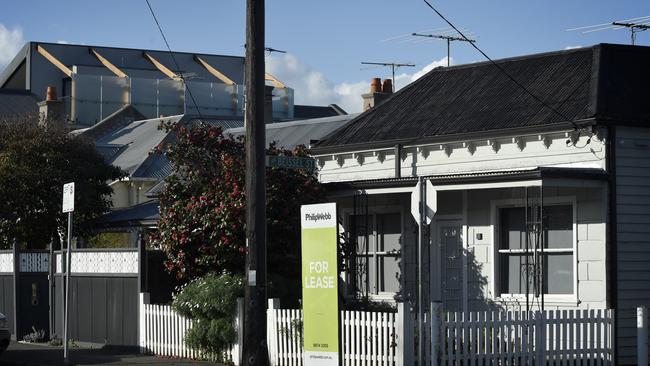
“This year, the population has shown populations increased by two and a half per cent. The number of dwellings in the country has increased by one and a half per cent. So there’s a big gap there. And when there’s a strong demand and supply is weak, prices go up.
Dr Lowe said the solution has to be putting in place a structure that makes the supply side of the housing market more flexible.
“And that means zoning and planning deregulation and means state and local governments being part of the solution,’’ he said.
“So we need to have more flexible supply. When housing prices were rising quickly, people were saying well we need to give people more money to help with them. And when rents are rising quickly.
“So we need to kind of cap the rent increases. So they’re short term fixes, but both of them in my Judgement make the problem worse.
“In most cases rent controls reduce the incentive to add to supply
“So it might help in the short run and might relieve some pressure on people in the short run.
“But we’ve got to think we’ve got to keep a medium term perspective on this. It might help in the short run, but create problems in the long run.”
Originally published as RBA governor’s grim warning on rates


